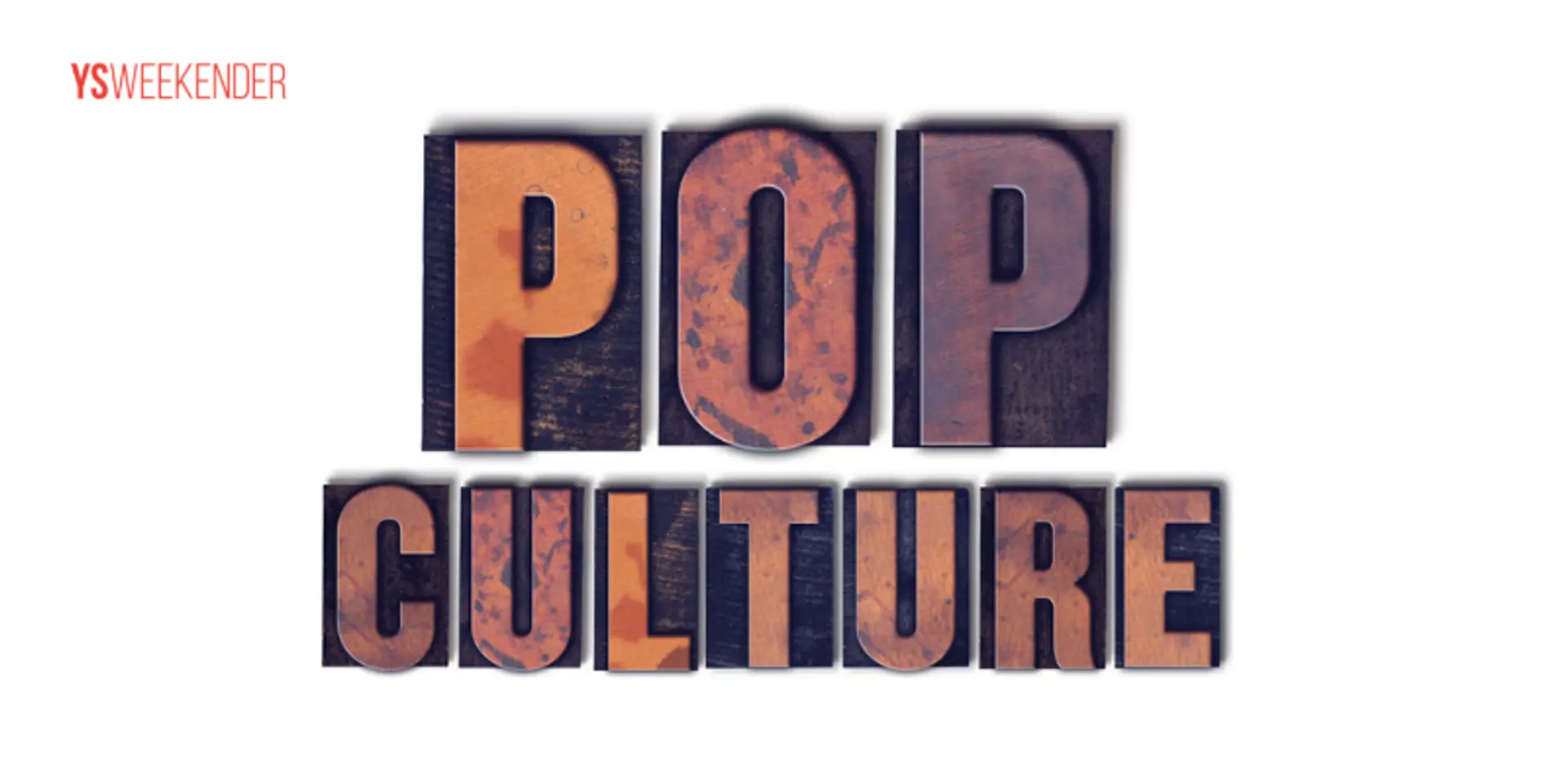The effect that pop culture has on the content landscape
With the world shrinking, pop culture is no longer restricted to flowing from the west to the east. Globalisation has led to various countries now exporting their own cultures to every corner of the world.
Let’s begin with understanding what popular culture or ‘pop culture’ actually is.
A simple Google search says pop culture is “generally recognised by members of a society as a set of the practices, beliefs, and objects that are dominant or prevalent in a society at a given point in time.”
"Generally recognised" means it has to be consumed, which, in turn, means the distribution of this content plays a very crucial role!
In today’s day and age of digital literacy, popular culture is a central force that has made inroads into our daily lives, unlike anything else. Pop culture of the 21st century pop culture has transcended the barriers of age, gender and religion, becoming a natural part of our day-to-day patterns.
It is everywhere and all-pervading. Listening to music, watching television, gaming, going to the cinema, concerts, stage shows or sports personalities and the games they play are all deemed part of pop culture.
Its impact on society at large is seen and felt best in the kind of content the masses consume as well as how the content is consumed.
Before we talk about how pop culture is impacting the content landscape today, we should think about the various media and the original gatekeepers of distribution that existed - print, radio, film, television, and now, for quite some time, the internet.
While its predecessors had a few players controlling distribution, the internet broke down the walls for distribution and democratised it entirely.
Today, the internet is dictated by the end-user, while its creators and consumers are interchangeable. No longer do big media companies own the distribution channels that once existed, leading to a paradigm shift on what is considered popular culture and a tremendous opportunity to create newer subcultures.
These new forms of subcultures come into existence every day, and hence smaller groups of people or communities are dictating what pop culture is for them.
Initially, with the media being controlled by monopolising gatekeepers, most pop culture was from the west - America and the UK. We all grew up idolising movies, shows, music, and sports stars of the west, because that’s what was being mass-produced and mass-consumed.
However, today, the game has entirely changed. With the world shrinking and coming closer, pop culture is not just restricted to flowing from the west to the east. The phenomenon of globalisation has led to various countries now exporting their own cultures to every corner of the world.
While the most recent Hallyu Wave has brought in its fold K-pop, K-dramas, and the exceedingly popular Squid Game, other instances include Narcos, Money Heist, IPL, Sacred Games, and much more.
Music has led to multitudes of musicians being recognised globally because of the power of this new democratised distribution - artists like Diljit Dosanjh, Armaan Malik and more are leaving their footprints around the world.
With the Indian hip-hop scene gaining prominence around 2019, artists such as Divine, Emiway Bantai, and several others are gaining recognition globally as well, alongside ushering in hip-hop lingo into everyday conversations - also reflected in the content created for advertisements or entertainment.
The mushrooming of television channels, social networking sites, blogs, music and film genres, fashion, video and computer games, as well as OTT platforms has led to a cultural dynamism in content for entertainment and advertisements, with the emergence of various identities with their unique styles in music, dance, clothing, hairstyle and language (for example, phrases such as “Netflix and Chill”).
Pop culture will keep evolving at an increasingly rapid pace, particularly with language no longer being a barrier, giving birth to a new form of content landscape where anything and everything can become a trend, and before one even begins trying to emulate it, a new trend has already begun.
Edited by Teja Lele
(Disclaimer: The views and opinions expressed in this article are those of the author and do not necessarily reflect the views of YourStory.)








